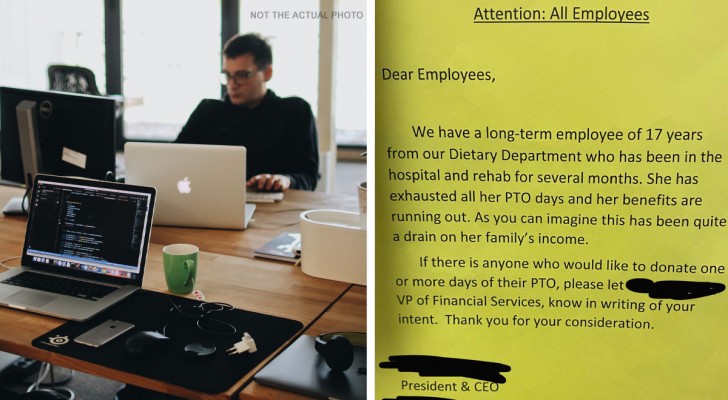Employee has been on sick leave for 15 years, but is suing the company because he's not received a pay raise

Respect in the workplace plays a vital role in fostering employee well-being and productivity: when we feel appreciated, we are motivated to give our all. Therefore, we cannot underestimate the importance of working hard to get this recognition.
What if this reciprocity of respect and appreciation were to fail? What would happen? These are the questions that the subject of our story probably asked himself, after he decided to sue his company.
via Times Now News

Ian Clifford, a long-time employee of IBM and who has been ill for more than 15 years, has decided to file a lawsuit against his employer. The 50-year-old man has been off work due to health reasons since 2008 and has been officially "medically retired" since 2013, as he described on his LinkedIn profile.
However, Ian has lodged a formal complaint claiming that he has not received an adequate pay raise during this period. After a long battle, the company offered Ian a deal which stipulated that he would not be fired and would be included in the company's disability plan. On this plan, Ian would become an "inactive employee" and would receive 75% of his salary, even though he was not really working.

Despite the offer, Ian did not agree and decided to take legal action against his employer. The reason for doing this was that Ian had not received any salary increases. The legal dispute was defined by Ian as being "discrimination on the grounds of disability". Claiming that he has been treated unfavourably, Ian pointed out that the lack of any pay raise since 2013 had led to him having major problems coping with the rising cost of living.
The Employment Tribunal in Reading, England, rejected Ian's request. The judge stated that only active employees have the right to request salary increases and that - consequently - inactive workers are not included in this category.
What do you think about this? Do you agree with the judgement?
https://www.telegraph.co.uk/news/2023/05/12/worker-sick-15-years-sues-boss-over-no-pay-rise/
https://www.mirror.co.uk/news/uk-news/worker-sues-company-no-pay-29970892
Image credit: https://pixabay.com/photos/gavel-justice-judge-courtroom-7538565/





